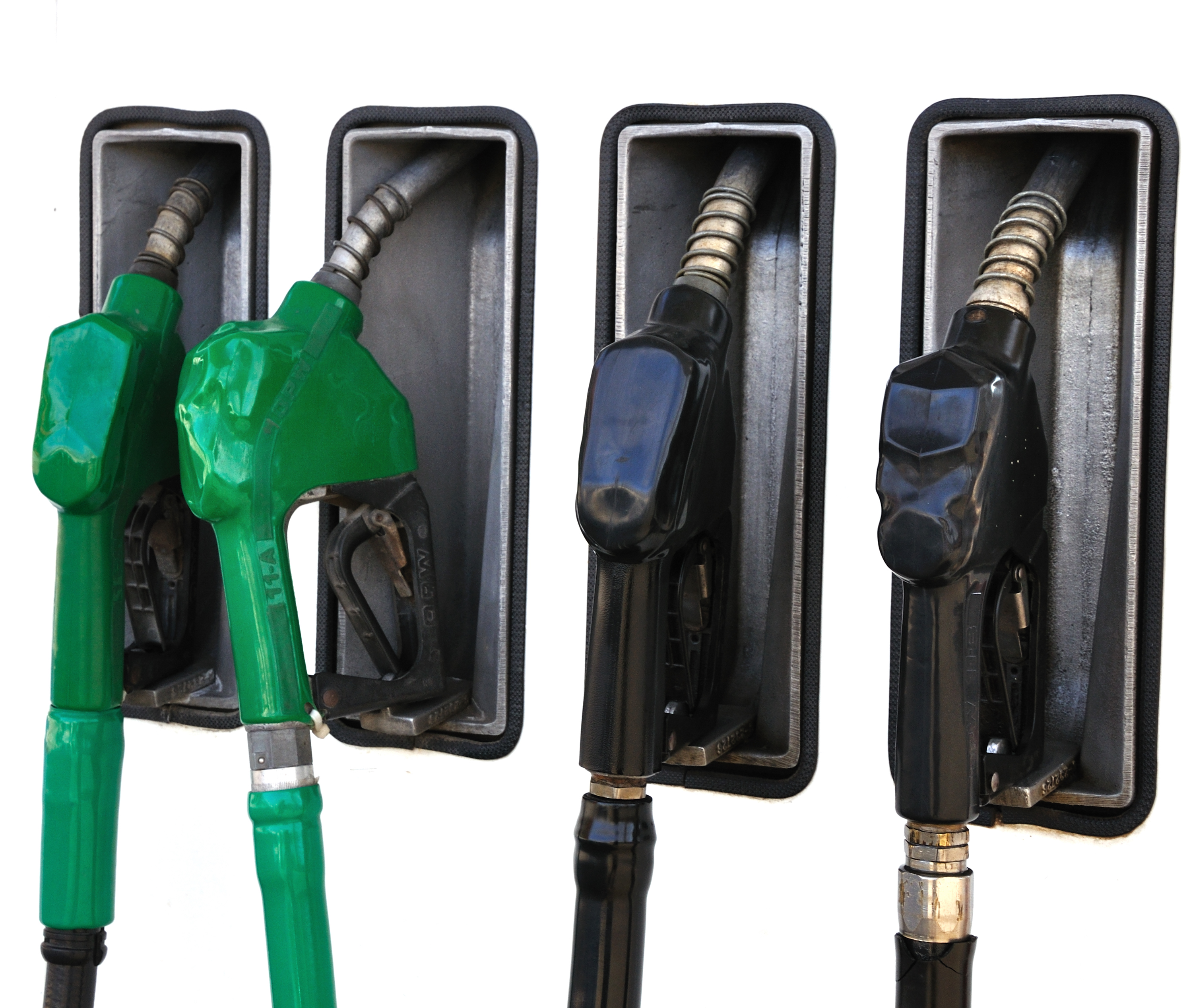News
Competition is ‘working well’ at UK petrol pumps

Rises in petrol prices over the last decade are down to higher oil prices and taxes not a lack of competition at petrol pumps, a report from the Office for Fair Trading said today.
Evidence suggests that at national level competition is working well in the UK road fuel sector.
However, the watchdog criticised a lack of pricing information on motorways and has not ruled out taking action in some local markets if there is evidence of anti-competitive behaviour.
The OFT launched a call for information on the UK road fuel sector in September last year to determine whether there are competition problems that need to be addressed.
It undertook detailed analysis of pricing data to investigate claims that the £47bn market is not working well.
However, the OFT found that the UK has some of the cheapest road fuel prices in Europe.
Between 2003 and 2012 pump prices increased from 76 pence per litre (ppl) to 136ppl for petrol, and from 78ppl to 142ppl for diesel, caused largely by an increase of nearly 24ppl in tax and duty and 33ppl in the cost of crude oil.
The report found the big four supermarkets have had a growing influence on the road fuels sector over the past decade. They increased their share of road fuel sold in the UK from 29% in 2004 to 39%in 2012.
The supermarkets’ high throughput per forecourt and greater buying power has allowed them to sell fuel more cheaply than other competitors.
In August 2012, for example, the average price of petrol at supermarkets was 2ppl cheaper than the average at oil company owned sites and 4.3ppl cheaper than the average charged by independent dealers.
Many independent dealers have found it difficult to compete in this sector, with a significant number exiting the market.
Overall, the number of UK forecourts has fallen from 10,867 in 2004 to 8,677 in 2012, although the rate of decline appears to have slowed in the last three years. In the majority of areas where forecourts closed between November 2011 and August 2012 retail competition still appears to be strong.
Clive Maxwell, OFT Chief Executive, said:
“We recognise that there has been widespread mistrust in how this market is operating. However, our analysis suggests that competition is working well, and rises in pump prices over the past decade or so have largely been down to increases in tax and the cost of crude oil.
“Our call for information has not identified any evidence of anti-competitive behaviour in the fuel market at a national level, where competition appears to be strong. There may be some issues at a local level. Where we receive evidence of potential anti-competitive behaviour we will consider taking action. For example, we have recently opened an investigation into the supply of road fuel in the Western Isles of Scotland.”
However, the RMI Petrol Retailers Association (PRA), the trade association representing independent forecourt retailers in the UK, has condemed the OFT’s decision to not proceed with a full Market Study into the UK retail fuels sector.
Brian Madderson, PRA Chairman said “This was a prime opportunity, supported by considerable new information from our retailers, to tackle market manipulation of UK wholesale prices and retail prices by the big players. This comes at a time when refineries have over-supply and demand has slumped due to the Arctic weather, yet the wholesale cost of petrol has increased by over 7.00ppl since Christmas.
“How can the OFT, supported by Government, try and tell motorists and businesses that the market is working in the consumer’s interests? As independent retailers, we are left trying to explain the unexplainable to our forecourt customers who will rightly be angry at another unwarranted price hike.”